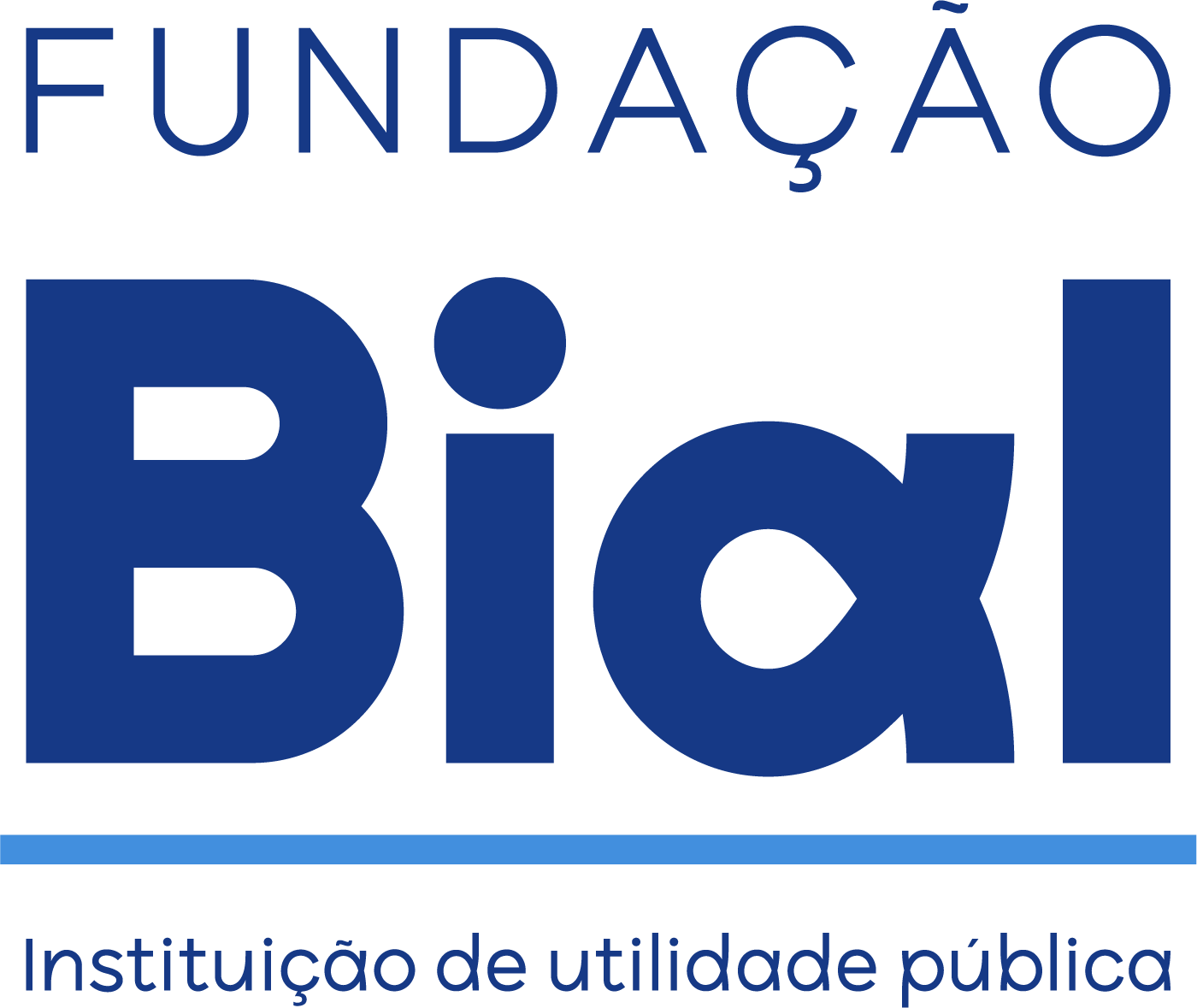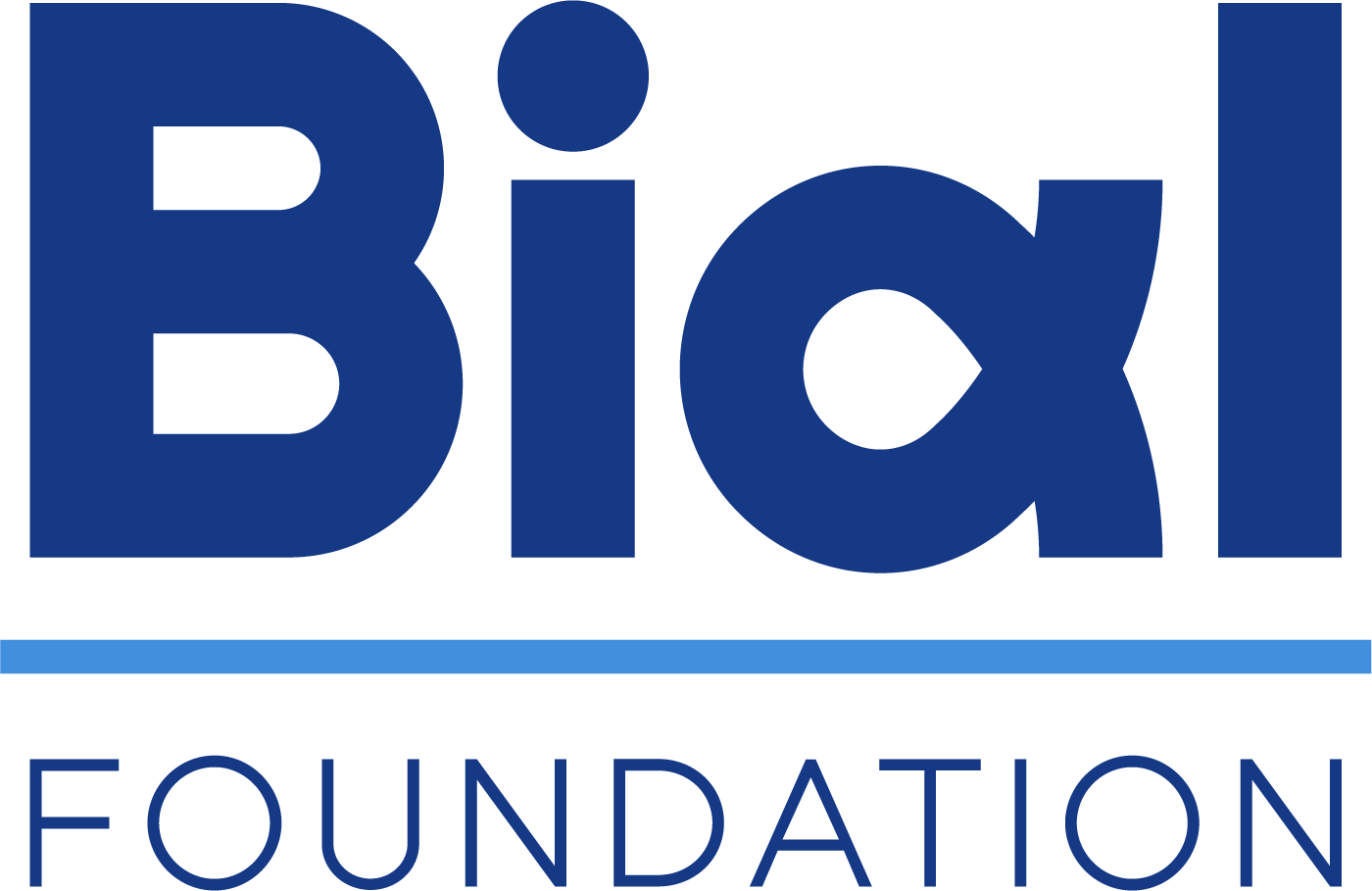News
- Science Stories
- Highlights
- Looking for collaboration
- Helpful links
- Logos
Science Stories
It is our mission being accomplished. Since 1994, the Bial Foundation has approved for funding 946 projects, involving around 1900 researchers from 31 countries. There are three decades of support to Scientific Research Projects oriented toward the neurophysiological and mental study of the human being, in the areas of Psychophysiology and Parapsychology.
Discover the stories behind the science.
Science Stories

Academic studies on claimed past-life memories
Did you know that most studies on claimed past-life memories were carried out mainly in Asian countries?

Empathy in couples
Understanding the adaptative functioning of couples is something crucial considering the harmful consequences of situations of domestic violence.

Choosing the usual or taking a chance?
We always choose the same route back home, but one day, alerted about traffic restrictions, we decide to risk an alternative route. What drives us to make this decision?

Dream and daydream: differences and similarities
Did you know that daydreams reflect events from the previous two days and “night” dreams resemble a fictional plot?

Does your dog have social skills?
A study suggests that viewing the owner’s face works as a positive social reinforcement for dogs. Learn more about this and other surprising results about “man’s best friend”.
News

Paper published in the International Journal of Psychophysiology
In the scope of the research project 51/14 - The Dissociated Self: An Investigation of Emotional Responses to a new Body-threat Task in those Predisposed to Anomalous Body Experiences, Dissociation and Disembodiment supported by the BIAL Foundation, Jason Braithwaite et al., published the paper The Body-Threat Assessment Battery (BTAB): A new instrument for the quantification of threat-related autonomic affective responses induced via dynamic movie clips in the International Journal of Psychophysiology.

Project supported by the BIAL Foundation published in Journal of Humanistic Psychology
Christine Simmonds-Moore, principal investigator of the research project “329/16 - Exploring the correlates and nature of subjective apparitional experiences”, supported by the BIAL Foundation, published in the Journal of Humanistic Psychology the paper Synesthesia and the Perception of Unseen Realities.

The BIAL Foundation has a h-index = 66
66 papers published in the scope of projects supported by the BIAL Foundation were cited at least 66 times. Overall, the papers were cited about 20 times on average.
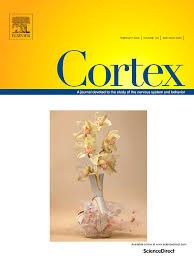
Researchers supported by the BIAL Foundation published in Cortex
Alejandra Sel et al. published in the scope of the research project 44/16 - Inducing and measuring plasticity in response control mechanisms in the human brain, supported by the BIAL Foundation, the paper The somatotopy of observed emotions in Cortex.

Project supported by the BIAL Foundation published in Scientific Reports
The research team of the project Aware Mind-Brain: Bridging insights on the mechanisms and neural substrates of human awareness and meditation, coordinated by Antonino Raffone, published in Scientific Reports a paper about meditation: Common and distinct lateralised patterns of neural coupling during focused attention, open monitoring and loving kindness meditation
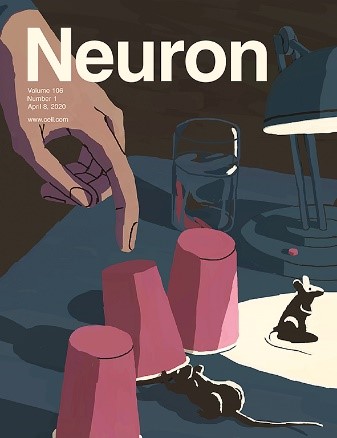
Results of a project funded by the BIAL foundation presented in Neuron
The article Postingestive Modulation of Food Seeking Depends on Vagus-Mediated Dopamine Neuron Activity has been published in the journal Neuron. This paper presents some of the main findings from project 176/10 - Dopaminergic regulation of dietary learning in humans and rodents, supported by the BIAL Foundation and led by Albino Oliveira-Maia.
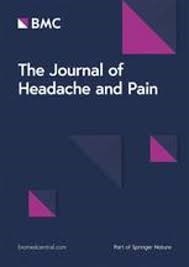
Researchers supported by the BIAL foundation published in The Journal of Headache and Pain
Isabel Pavão Martins et al. published in the scope of the research project 63/10 - Mindful ageing. Avoiding age related cognitive decline, supported by the BIAL Foundation, the paper Cognitive aging in migraine sufferers is associated with more subjective complaints but similar age-related decline: a 5-year longitudinal study in The Journal of Headache and Pain.
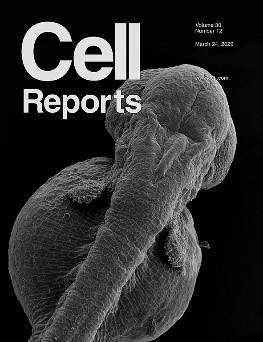
Cell Reports presents results of a project supported by BIAL Foundation
The research team of project 253/14 - The impact of lipid signaling modulation in cognition, led by Tiago Gil Oliveira, published in Cell Reports the paper Phospholipase D1 Ablation Disrupts Mouse Longitudinal Hippocampal Axis Organization and Functioning.

Research project supported by the BIAL Foundation features in the journal Scientific Reports
Carlo Miniussi published in the scope of project 51/16 - Cognitive plasticity: Modulation and monitoring through a neurophysiological approach, supported by the BIAL Foundation, the paper Effects of different transcranial direct current stimulation protocols on visuo-spatial contextual learning formation: evidence of homeostatic regulatory mechanisms in the journal Scientific Reports.

Prof. Maria de Sousa
BIAL Foundation expresses profound sorrow on the passing of Prof. Maria de Sousa, a unique figure in science worldwide, who contributed to the scientific and academic development in Portugal in a remarkable way.
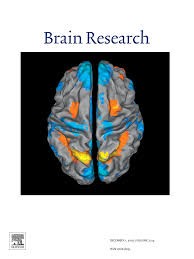
Paper published in journal Brain Research
In the scope of research projects “207/14 - The role of astrocytes in complex cognitive processing” and “37/18 - Decoding the neuron-astrocyte dialogue that supports cognitive processing. supported by the BIAL Foundation, the research team has published the review paper Astrocyte signaling impacts the effects of human bone marrow mesenchymal stem cells secretome application into the hippocampus: A proliferation and morphometrical analysis on astrocytic cell populations in the journal Brain Research.
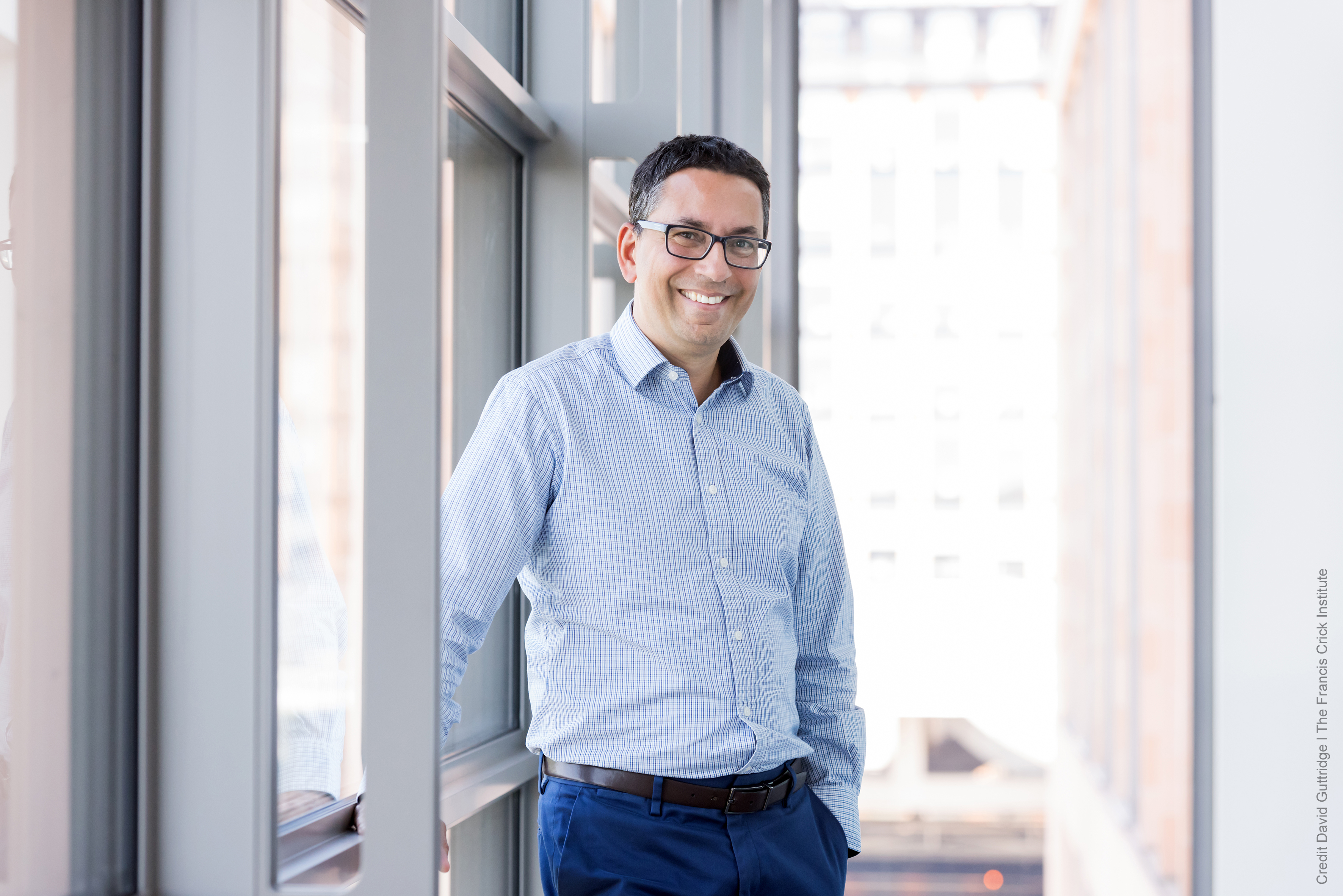
Cancer immunotherapy research wins the first edition of the new BIAL Foundation prize, worth 300,000 Euros
A research project led by the immunologist Caetano Reis e Sousa, who leads the Francis Crick Institute's Immunobiology Laboratory in London, has won the first edition of the BIAL Award in Biomedicine. The prize was established by the BIAL Foundation with a value of 300,000 euros and recognises biomedical findings of outstanding importance.
Looking for collaboration

The quest of physiological markers for the experience of pain
Researcher: Elia Valentini - Department of Psychology & Centre for Brain Science, University of Essex Summary: The aim of this project is to improve measurement of the human experience of pain by investigating a combination of psychophysical and physiological responses during mild noxious stimulation. More specifically, we want to investigate how sensitive and specific to pain the brain oscillatory responses are. We use EEG as the main technique, but we are keen to collaborate with neuroscientists using fMRI, autonomic measures and brain stimulation as well as with computational neuroscientists. A clinical collaborator would also be very much welcome.

EEG investigation of hypnosis and decision-making
Researcher: Rinaldo Livio Perri - University Niccolò Cusano Rome, Italy Summary: I work in the field of hypnosis and cognitive neuroscience. In particular, I adopt the event-related potentials (ERPs) to investigate the effect of the hypnotic suggestions on sensory processing and cognitive performance. I am an expert in decision-making and proactive brain processes before the stimulus administration (e.g., the perceptual, prefrontal and premotor readiness during the expectancy stage). I could help colleagues to properly analyze the ERP signal in the pre-stimulus stage of processing. Also, I would be happy to share my EEG data for re-analyzing them in the frequency domain (e.g., wavelet or coherence analysis in the hypnosis research). Feel free to contact me for any question! More information on my papers: https://scholar.google.it/citations?user=-8e_V64AAAAJ&hl=it Possible collaborations: neuroscientist with experience in the EEG frequency analysis Email: perri.rinaldo@gmail.com

Transparent Psi Project - looking for collaborators
Summary: We are running a fully transparent, expert consensus-base multilab replication of Bem’s (2011) experiment 1. The project features state of the art methods to maximize transparency and study integrity. The study involves a computerized experiment taking about 20 minutes per session. Group testing is possible in a computer lab, no specialized equipment needed. Labs are expected to recruit at least 100 participants. Participants will be exposed to images with explicit erotic/sexual content in the experiment. No financial compensation is required for the participants. Data collection is expected to take place in the 2020 fall semester. Every material is provided for ethics/IRB submissions and data collection in English (translation of materials might be necessary by the collaborators). The study is pre-registered and the manuscript is accepted in principle for publication in the journal Royal Society Open Science. All collaborators who meet the minimum sample size criterion will get authorship on this paper reporting the results of the replication study. More information in the preprint: https://psyarxiv.com/uwk7y/ Indicate interest in the collaboration via the following form: https://tinyurl.com/tpp-labs With any question contact the lead investigator: Dr. Zoltan Kekecs, kekecs.zoltan@gmail.com

Cognitive control and learning
Researcher: Ignacio Obeso, Ph.D. / CINAC - HM Puerta del Sur Summary: The aim of our projects is to understand the behavioral and neural mechanisms used to learn how humans establish adaptive behaviour in changing contexts. More specifically, we want to decipher how stopping abilities are initially learned and later executed under automatic control. We use task-related fMRI, brain stimulation and clinical models to test our predictions in laboratory settings as well as online home-based paradigms. Possible collaborations: computational scientist Email contact: i.obesomartin@gmail.com https://iobesomartin.wixsite.com/cognitivecontrol
Find here some links to other Foundations, Organizations, Societies and more that you might be interested in.
- BrainFacts.org
- Cognitive Neuroscience Society
- Dana Foundation
- European Brain Council
- European Society for Cognitive and Affective Neuroscience (ESCAN)
- Federation of European Neuroscience Societies (FENS)
- Human Brain Project
- IANDS International Association for Near-Death Studies
- Institut Métapsychique International (IMI)
- Instituto de Psicologia Paranormal
- International Behavioral Neuroscience Society (IBNS)
- International Brain Research Organization
- IONS Institute of Noetic Sciences
- Kavli Foundation
- Koestler Parapsychology Unit
- Open Sciences
- Organization for Human Brain Mapping (OHBM)
- Parapsychological Association
- Psi Encyclopedia
- Rhine Research Center
- Sociedade Portuguesa de Neurociências
- Sociedade Portuguesa de Neurologia
- Society for Neuroscience
- Society for Psychical Research
- Society for Scientific Exploration (SSE)
- World Federation of Neurology


